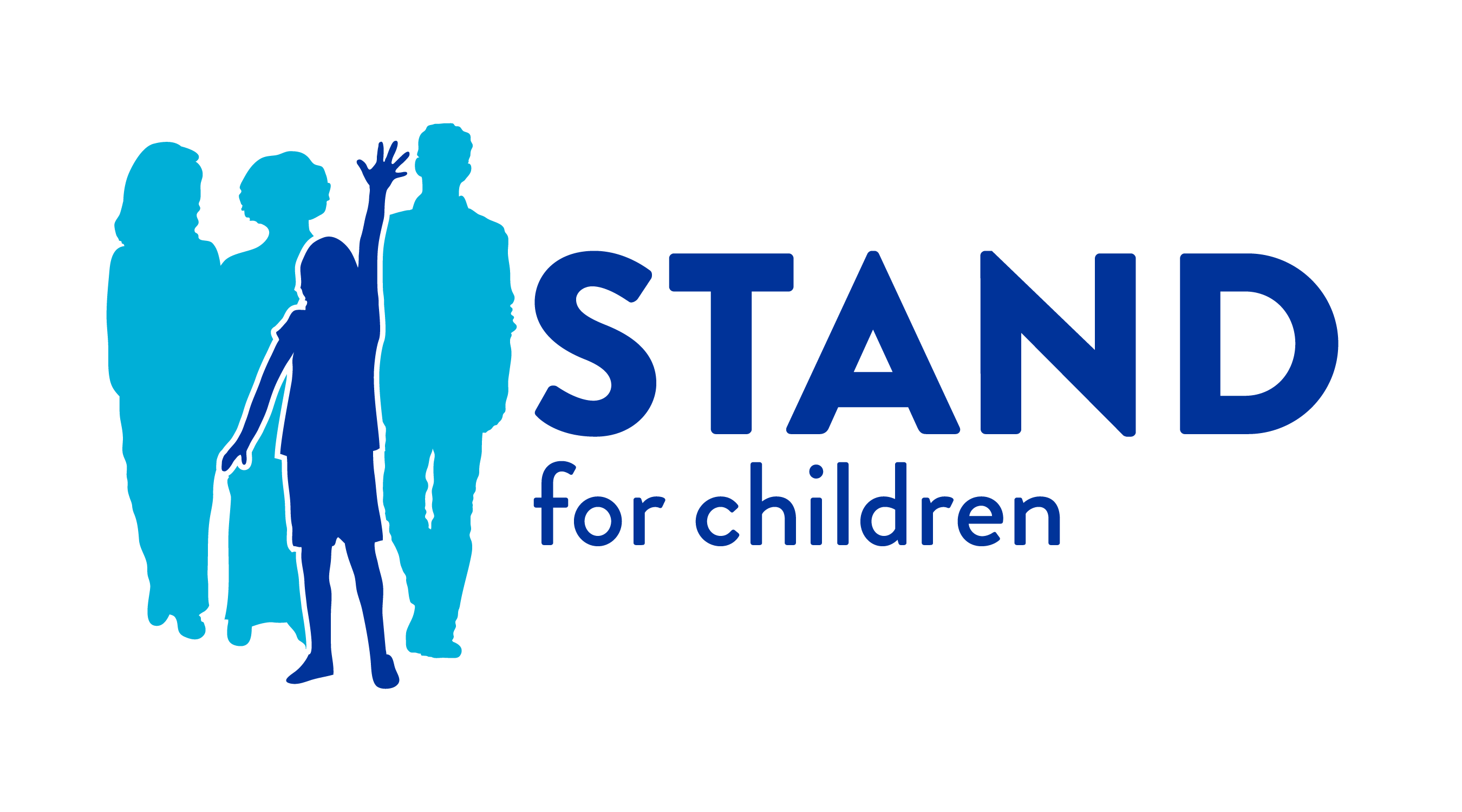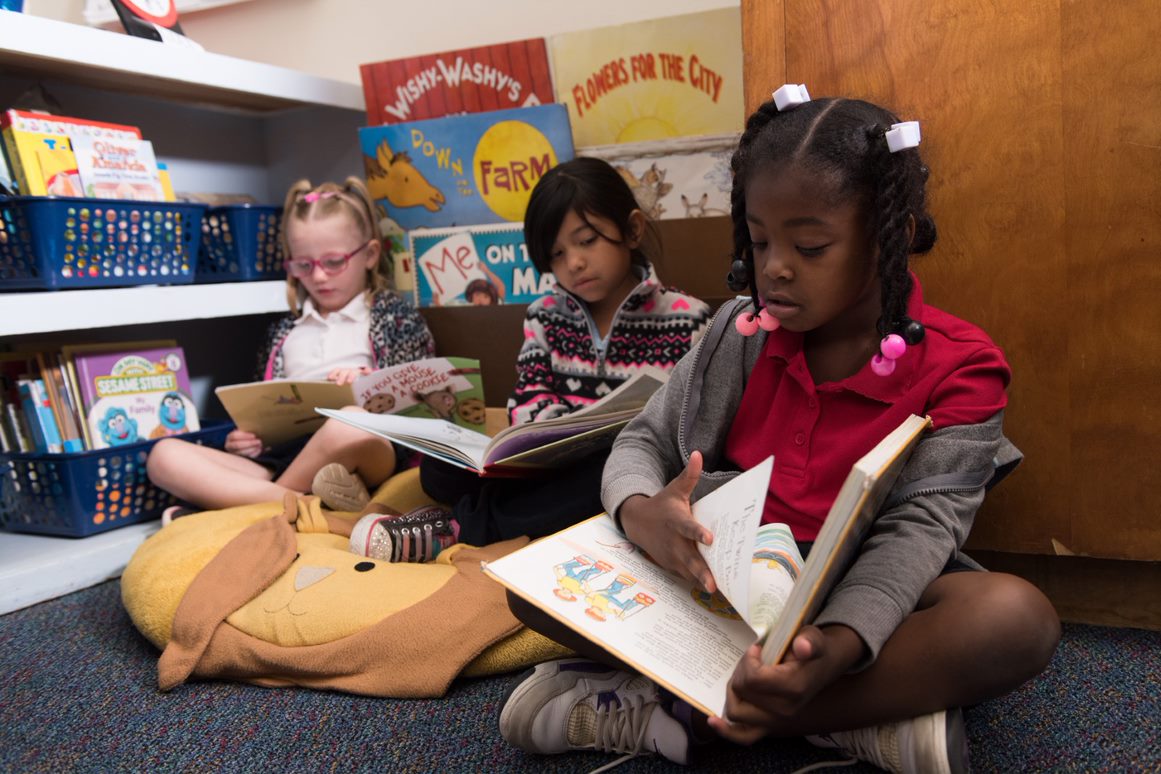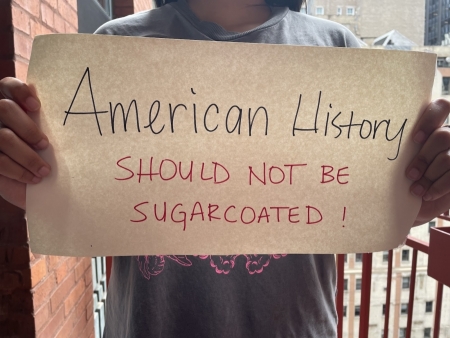MEET ROSE FROM CONCRETE

A Q&A with our partners at Rose from Concrete, a youth led organization working to support students in their community through mutual aid, direct advocacy, and youth mentorship.
It’s because of community members like you that we are able to join our partners in the fight for an equitable education for students. Connect with us to receive regular updates that empower you to make a meaningful impact on the lives of students and contribute to a more just and equitable education system!





















